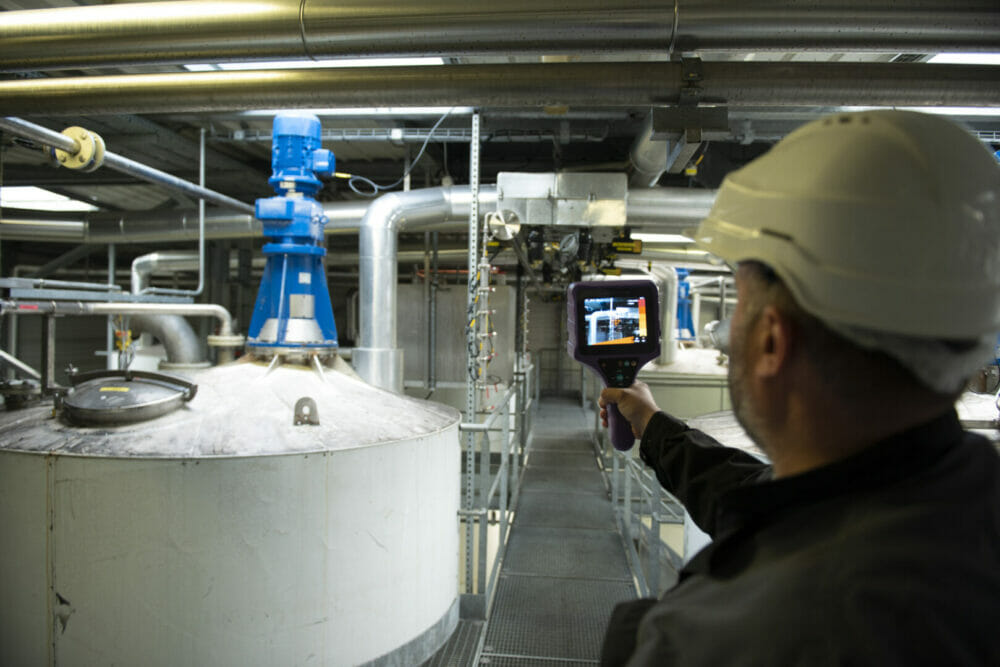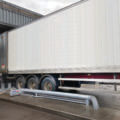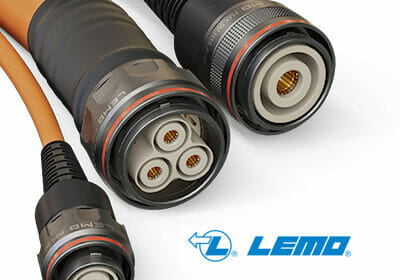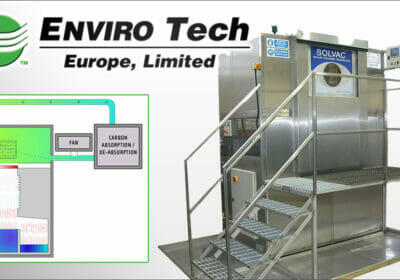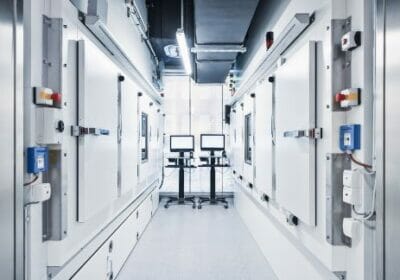Reducing energy consumption is a key concern for most companies. However, opportunities exist to make immediate energy savings – and an ISO 11011 certified energy audit will identify them.
Bespoke assessments might include:
- Compressed air leak detection
- Compressed air generation and preparation analysis
- Compressed air consumption analysis
- Pressure drop measurement
- Compressed air quality analysis
- Machine analysis check for energy efficiency
Solutions to reduce energy use, with detailed analysis of savings, will then be recommended, for example:
Pneumatic system efficiency
- Optimising components and cylinder size to specific applications will save energy and money.
- Applications can be customised to prevent ‘non-working’ air consumption.
- A device or digital system can be installed to automatically shut off air supply when a machine isn’t running.
- Air Blowers can be programmed to operate only when required or in pulse mode. One Thorite customer saved £100,000 a year in energy costs by installing a sensor to optimise blowing processes.
- Identifying the actual force required within process actuators makes it possible to isolate zones where pressures can be lowered to reduce energy consumption.


Voltage optimisers regulate energy input from the national grid to prevent over-supply. After installing a GWE Eco-Max Power voltage optimiser, one manufacturer reduced energy consumption by 463,176 KWh and saved £40,226.84 in electricity costs per annum.
Flow rate sensors can assess solid content in CIP systems. A food company was able to reduce its CIP process after a FLOWave SAW flowmeter revealed the water was clear in half the time allocated. This reduced energy and water consumption, delivering a six-month payback and long-term savings.
Data logging systems canrecord and analyse equipment’s air usage, identify patterns and anomalies in performance and indicate where energy savings can be made.
Thorite energy audits have shown that return on investment is generally achieved within months.

